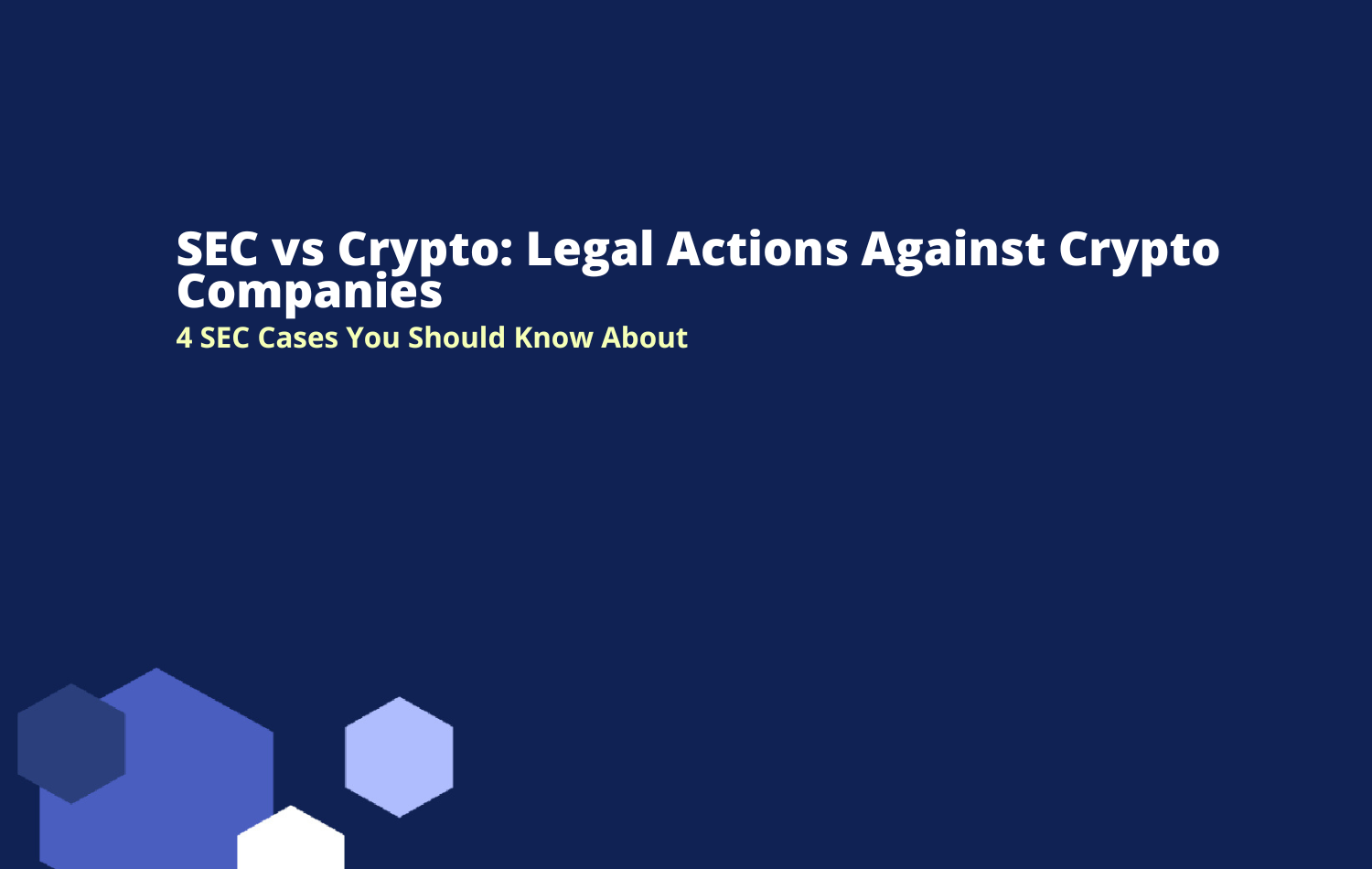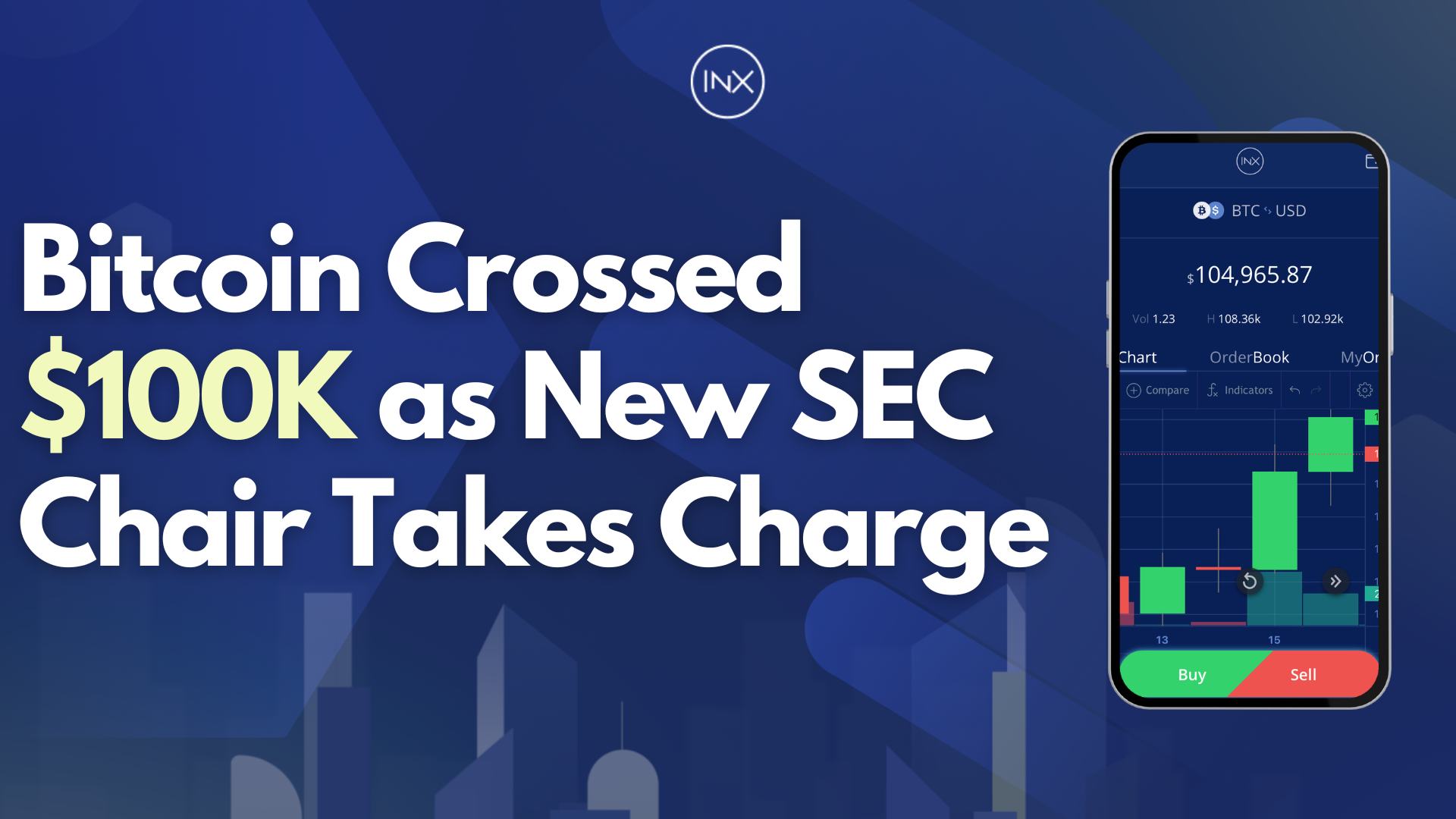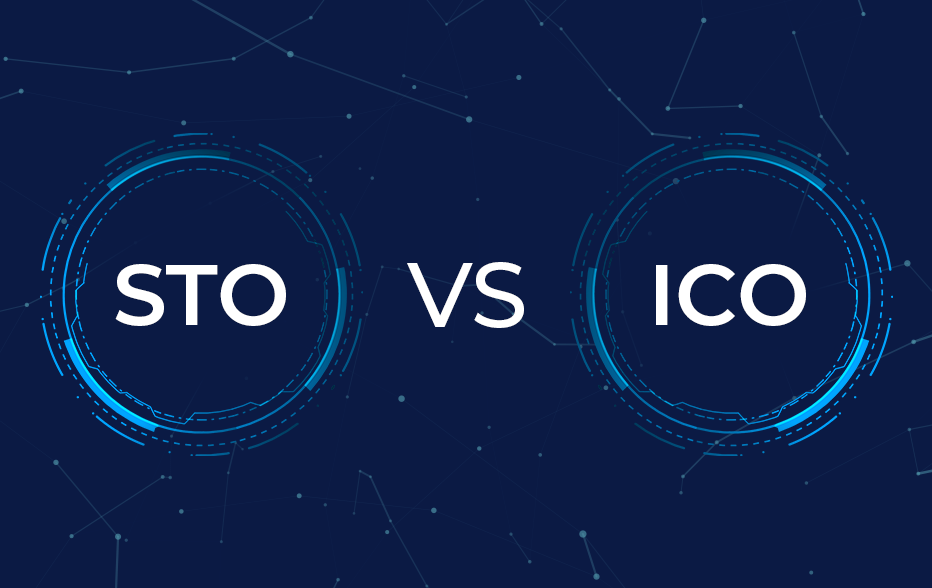SEC vs Crypto: Legal Actions Against Crypto Companies

According to the second law of Thermodynamics, any system will go disorderly unless external force is applied. The ramifications of this phenomenon are visible even in the crypto-verse. Of course, since the traditional financial systems have grown to be untrustworthy in the past years, crypto has been the go-to space. However, things are going anarchical and what we call “financial and organizational entropy” is setting in—it needs an authoritative oversight that can enforce stipulations.
The Securities and Exchange Commision (SEC) has extended its purview from the legacy finance ecosystem into crypto since the latter is growing bigger and attracting more investors. In recent times, the Commission has been dishing out various lawsuits against various crypto corporations claiming they’ve been manipulative and dubious in their dealings: especially securities trading.
This piece highlights the dynamics of a few, but ubiquitous, lawsuits that are shaking the foundations of the web3 financial space.
Four SEC Cases You Should Know About
- SEC vs Gemini Gemini came to light in 2013, before its formal launch in 2015. Built by the Winklevoss brothers, Gemini is a crypto buying, selling, and asset storage platform with millions of customers. Gemini came under fire due to its handling of customer assets (which the SEC believes the majority of crypto exchanges are guilty of) in a fashion similar to broker-dealers. Gemini generates yield by loaning out investors/customers’ money to Genesis, who also loans it out to generate yields as well. The SEC believes they should be registered in the domain they’re operating, namely securities trading.
- SEC vs Genesis The SEC is trying to avoid another TerraUSD/FTX-esque event as lack of surveillance has spurred many enthusiasts into the crypto space, with its repercussions devastating. Genesis, a crypto lending firm, got caught in the scuffle in SEC’s battle with Gemini. Now, it’s facing its own class action from the financial institution. The SEC alleges that Genesis bought and sold unregistered securities. The Winklevoss brothers repudiated by saying the SEC’s allegations are “manufactured parking tickets.” If the court rules against these crypto companies, it may mark the end to a rickety ride for these establishments.
- SEC vs Tron This year, March 22, the SEC announced it’s taking an action against Justin Sun, founder and sole owner of Tron Foundation Limited, BitTorrent Foundation Ltd., and Rainberry Inc. (formerly BitTorrent). The commission claims that Justin sold unregistered securities and also illegally manipulated the secondary market to suit his investment decisions. The commission further alleged that Justin Sun used celebrities—Lindsay Lohan, Jake Paul, Ne-Yo, Kendra Lust, Lil Yatchy, Akon, etc.—to tout his company’s tokens without disclosing their compensations and mode of agreement. The SEC didn’t spare these celebrities as it believes they illegally promoted and sold TRX tokens without revealing their engagement grounds with Justin Sun’s companies.
- SEC vs Ripple In 2020, the SEC sued Ripple Labs, the home for the XRP token, for illegal security sales. The commission alleges that, at the launch of XRP, to raise funds for the project, Ripple sold XRP to raise money in a fashion that classifies the sales as security. The SEC believes some of Ripple’s XRP transactions pass the Howey tests, but Ripple believes they didn’t meet the Howie criteria. Howie test is essentially a set of terms that a transaction must meet before it’s classified security. The first rule is that every security transaction must be based on an investment contract, which Ripple argues none of its transactions do. We are in the latter stages of the lawsuit—with many believing we’re close to the verdict.
Safe, Secure and Regulated: The INX Advantage
At INX, we understand the appeal of taking risks, but we also recognize the importance of protecting our customers’ financial interests. As a regulated platform , we prioritize compliance and accountability in everything we do. Our commitment to following strict regulatory guidelines is ingrained in our DNA, from the way we handle client funds to the launch of the first SEC-registered token offering in history, which raised funds for our IPO. Unlike other exchanges, we don’t take chances with our clients’ assets or our reputation. With INX, investors can have peace of mind knowing that their funds are being properly managed and safeguarded.
David Azaraf April 25, 2023
Crypto enthusiast, help businesses plug into the token economy






